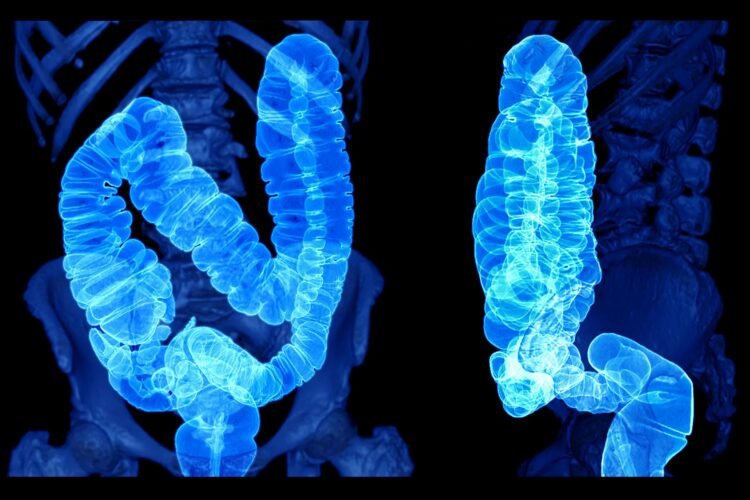Behind the Spike in Colorectal Cancer Among Young Americans
Despite an overall decline in colorectal cancer rates over the past two decades, one demographic is bucking the trend: Americans under 45.
From 1999 to 2020, colorectal cancer cases surged by 333% among 15- to 19-year-olds and by 185% among 20- to 24-year-olds, according to new research presented at Digestive Disease Week (DDW) 2024, a major medical conference in Washington, DC.
Although these percentages are striking, the total number of affected individuals in these younger age groups is still relatively small compared to those 45 and older, explained Loren Laine, MD, professor of medicine at Yale School of Medicine, who co-moderated a news briefing about the findings.
“The trends are alarming, but the actual numbers of colorectal cancer cases among children and teens aren’t high enough to warrant widespread screening,” added lead investigator Islam Mohamed, MD, an internal medicine resident at the University of Missouri-Kansas City.
For instance, in 1999, colorectal cancer occurred in 1 out of every 333,000 15-to-19-year-olds. By 2020, that number rose to 1 in 77,000.
Some Risk Factors Can Be Changed
Colorectal cancer rates in younger individuals have been steadily increasing, and several factors may be contributing to this trend, according to Islam Mohamed, MD. “It could be due to environmental, lifestyle, or genetic factors,” he explained. “On the positive side, we might also be improving at identifying and screening high-risk patients in younger populations.”
One key way to reduce your risk is by focusing on weight management. “Adopting a healthy lifestyle—maintaining a balanced diet, exercising regularly, and possibly reducing alcohol consumption—can help combat the rising incidence of colorectal cancer, as metabolic syndrome is a major risk factor,” Mohamed said.
There’s also ongoing discussion around antibiotic use and dietary additives, which may potentially contribute to colorectal cancer risk, though this connection hasn’t been definitively proven, he added.
However, up to one-third of early-onset colorectal cancer cases are linked to unchangeable factors, such as a family history of the disease, inflammatory bowel disease, or genetic mutations. “Most young patients with colorectal cancer likely have genetic syndromes,” noted Loren Laine, MD. “The biggest challenge is finding better ways to identify families with these genetic risks.”
Risk Varied by Age
In addition to the rise in colorectal cancer rates among 15- to 24-year-olds, the data from 2020 compared to 1999 also revealed increases in other age groups:
- 68% increase for ages 25 to 29
- 71% increase for ages 30 to 34
- 58% increase for ages 35 to 39
- 45% increase for ages 40 to 44
“These findings highlight the urgent need for greater public awareness and more personalized screening approaches,” said Islam Mohamed, MD. “Younger populations, in particular, showed the most significant increase in colorectal cancer incidence.”
In response to this trend, the U.S. Preventive Services Task Force lowered the recommended screening age from 50 to 45 in 2021. Mohamed also advocated for more targeted screening for individuals under 45 who are at higher risk.
“Staying informed about the rising incidence and the latest research on colorectal cancer prevention and screening is crucial,” he added.




